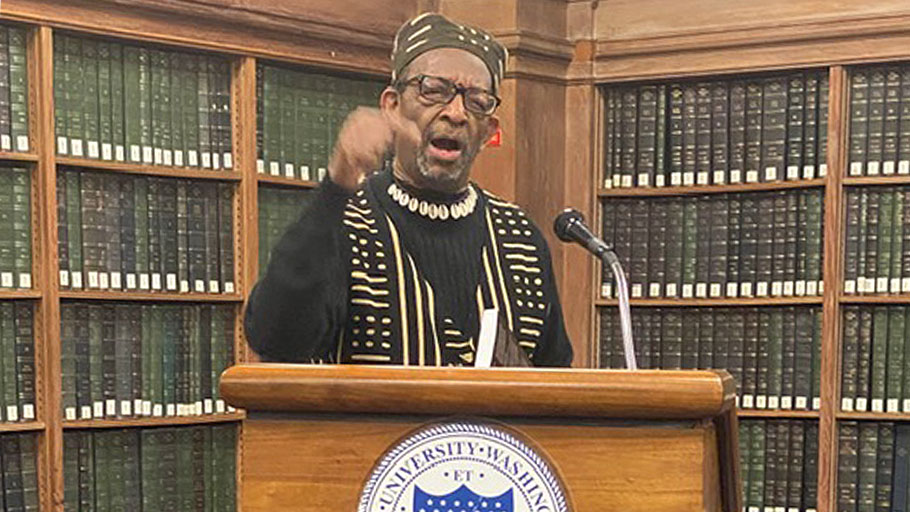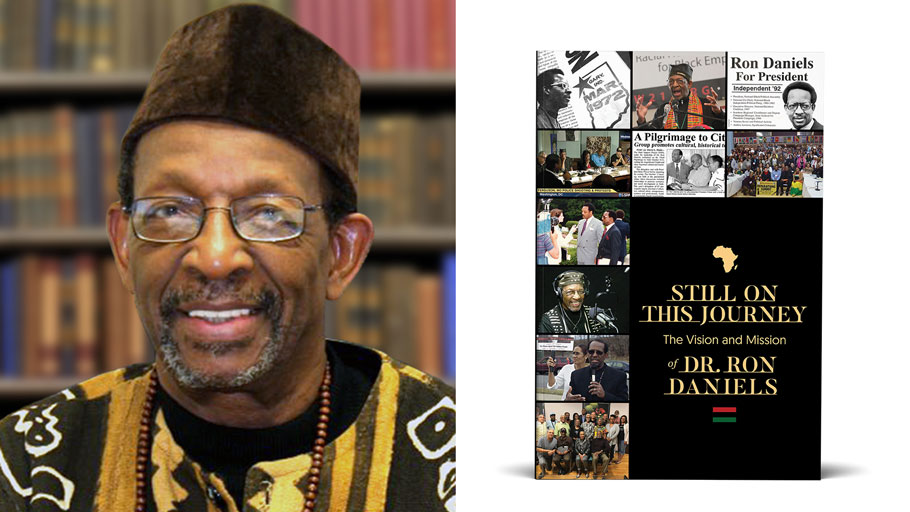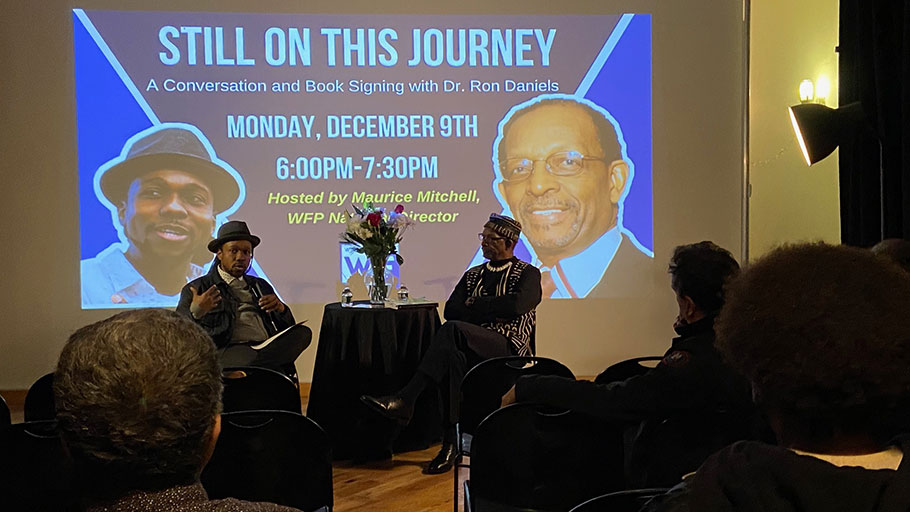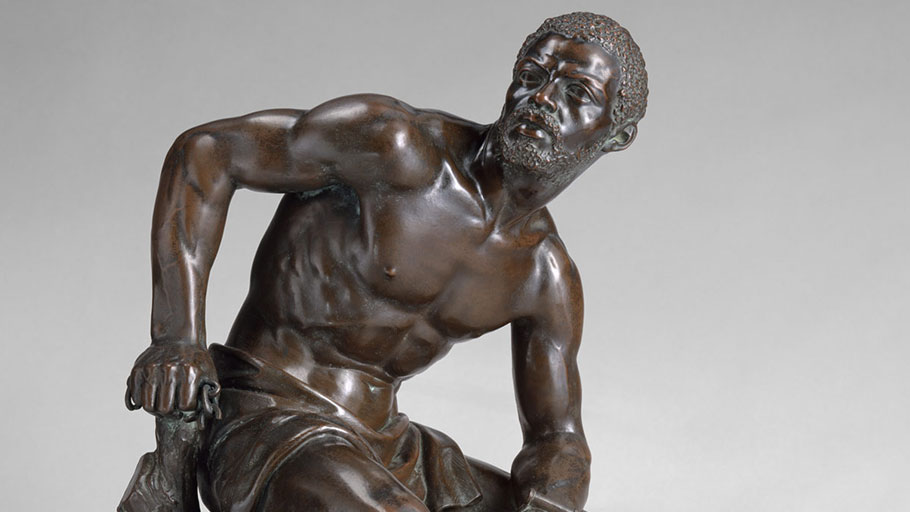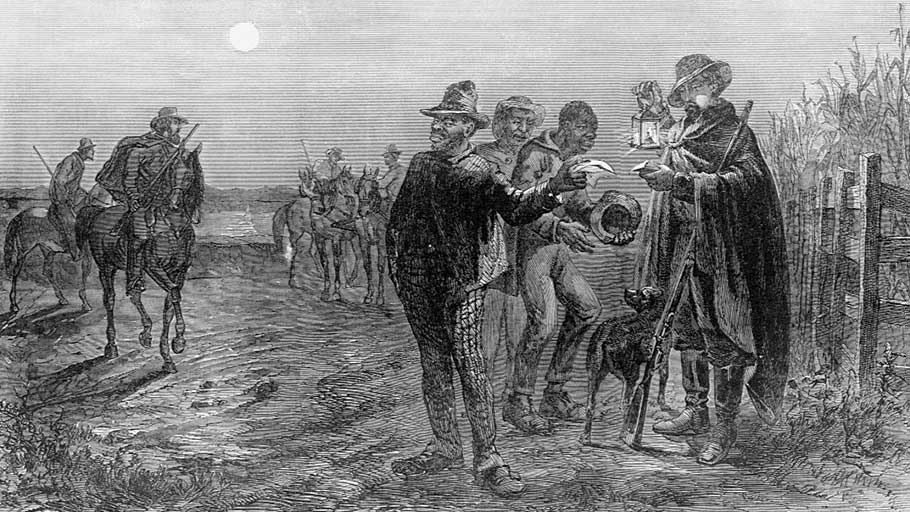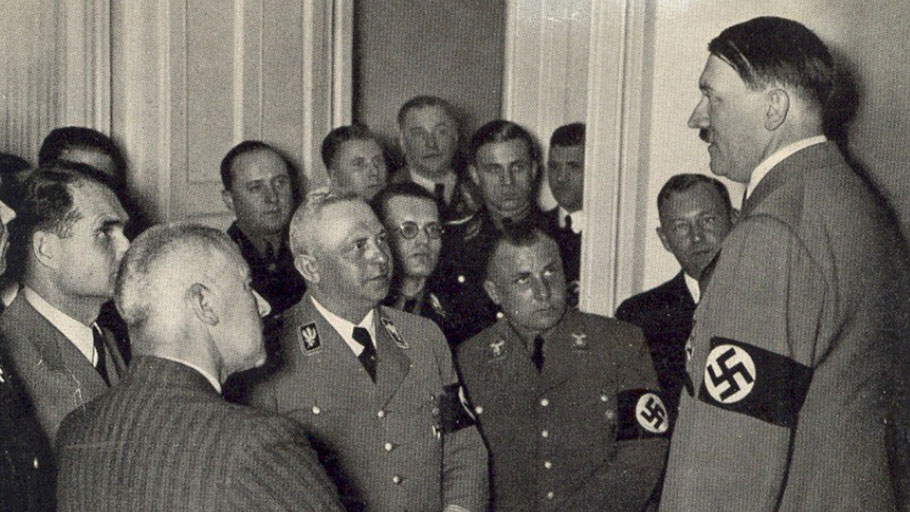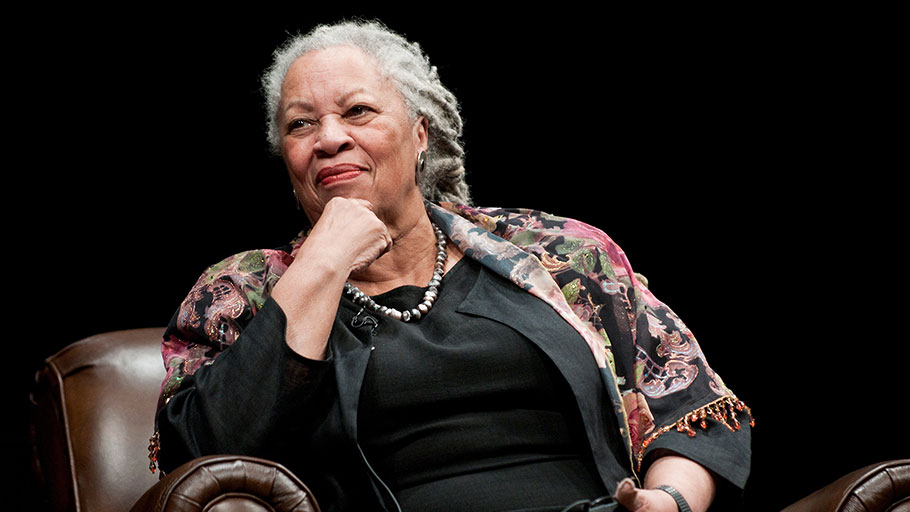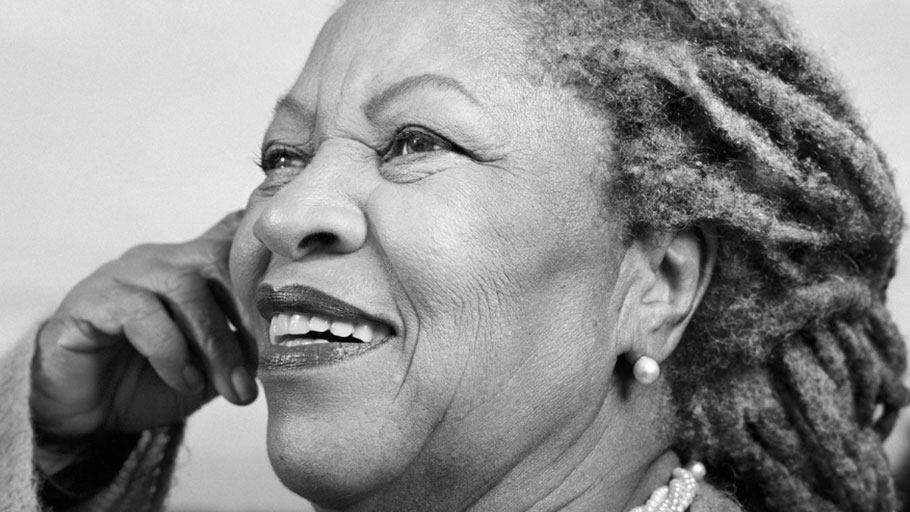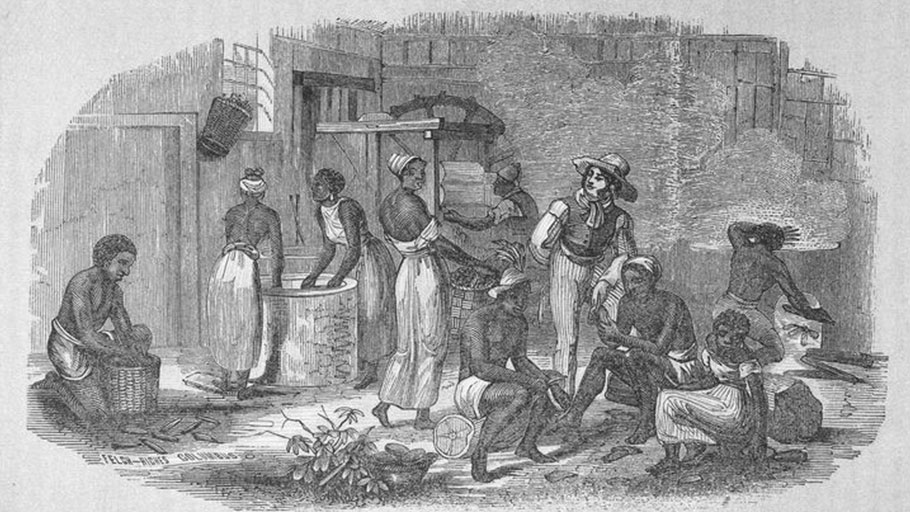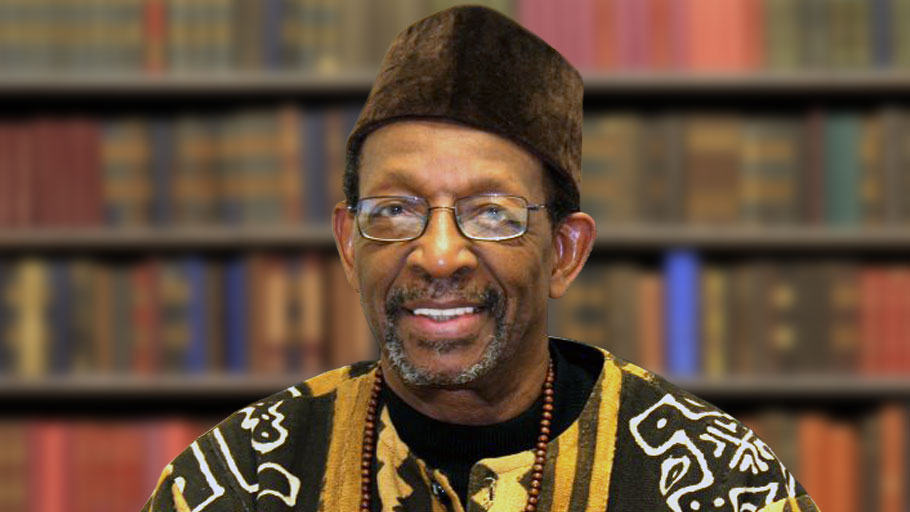
February 29, 2020, Atlanta, GA — Dr. Ron Daniels will be in Atlanta for a signing of his new book “Still on This Journey: The Vision and Mission of Dr. Ron Daniels” and a conversation on Reparations, Gentrification, the Presidential Election, 2020 The Year of Marcus Mosiah Garvey and State of the Black World Conference V.

